The number of Israeli settler attacks on Palestinian olive harvesters has reached a five-year high, with groves being vandalized and many farmers too frightened to collect their olives. According to the United Nations Office for the Coordination of Humanitarian Affairs, there were 1,142 reported incidents of settler violence against Palestinians in the West Bank in 2023, a significant increase from previous years.
The attacks have left many Palestinian farmers feeling fearful and uncertain about their ability to harvest their olives, a crucial source of income for their families. "We wanna live in peace," said Amal Abu Zuhri, a Palestinian farmer from the village of Burin, in an interview with NPR. "We just want to work on our land, to harvest our olives, and to live in peace." Abu Zuhri's family has been farming their land for generations, but the increasing violence has made it difficult for them to continue.
The Israeli government has taken steps to address the issue, including increasing the number of security personnel in the area and implementing measures to prevent settler violence. However, many Palestinians feel that these efforts are insufficient and that more needs to be done to protect their rights and livelihoods. "The Israeli government is not doing enough to stop the settler violence," said Nasser Nawajah, a Palestinian activist. "We need to see more action, more commitment to protecting our rights and our land."
The olive harvest is a critical time of year for Palestinian farmers, who rely on the income from their olives to support their families. However, the increasing violence has made it difficult for many farmers to access their land and harvest their olives. According to the United Nations, the olive harvest is not only a source of income for Palestinian farmers but also an important part of their cultural heritage.
The situation is further complicated by the ongoing Israeli-Palestinian conflict, which has been ongoing for decades. The conflict has led to the displacement of many Palestinians and the confiscation of their land, making it difficult for them to access their olive groves. "The conflict has made it difficult for us to access our land, to farm our land, and to live in peace," said Abu Zuhri.
The international community has expressed concern about the situation, with many calling for greater action to protect Palestinian farmers and their rights. The United States, the European Union, and other countries have all issued statements condemning the violence and calling for greater efforts to prevent it. However, the situation remains complex and challenging, with many Palestinians feeling that their rights and livelihoods are not being protected.
As the olive harvest season comes to a close, many Palestinian farmers are left to wonder what the future holds. Will they be able to access their land and harvest their olives, or will the violence continue to prevent them from doing so? Only time will tell, but one thing is clear: the situation is dire and requires immediate attention and action.
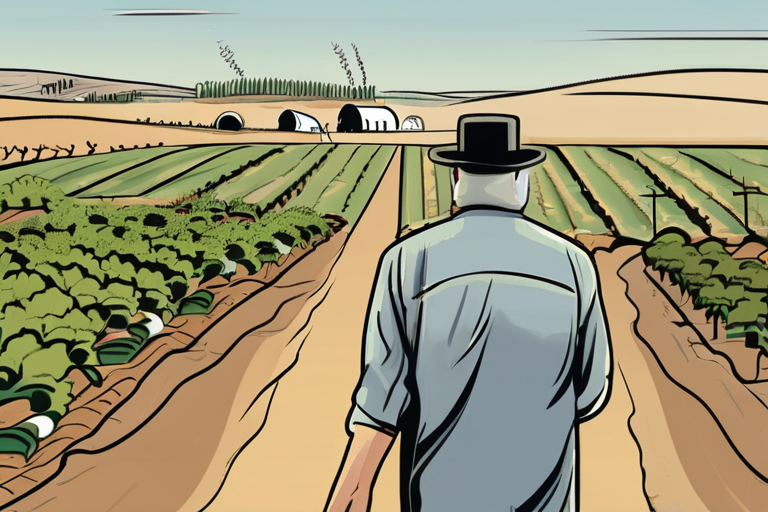

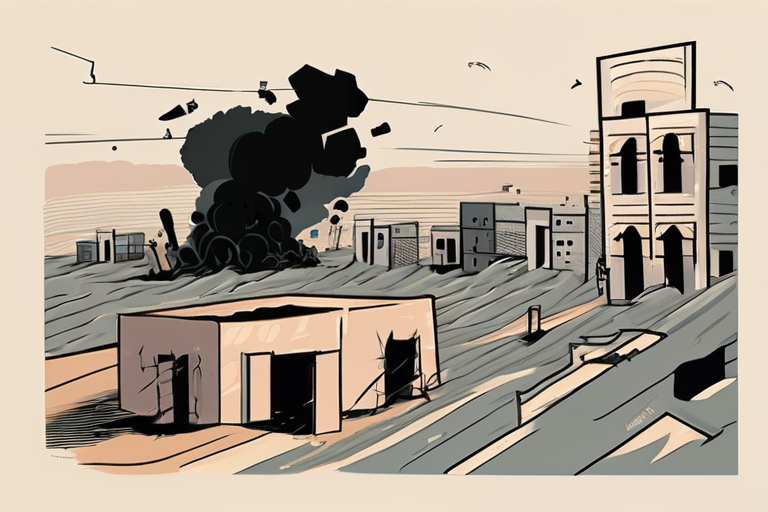
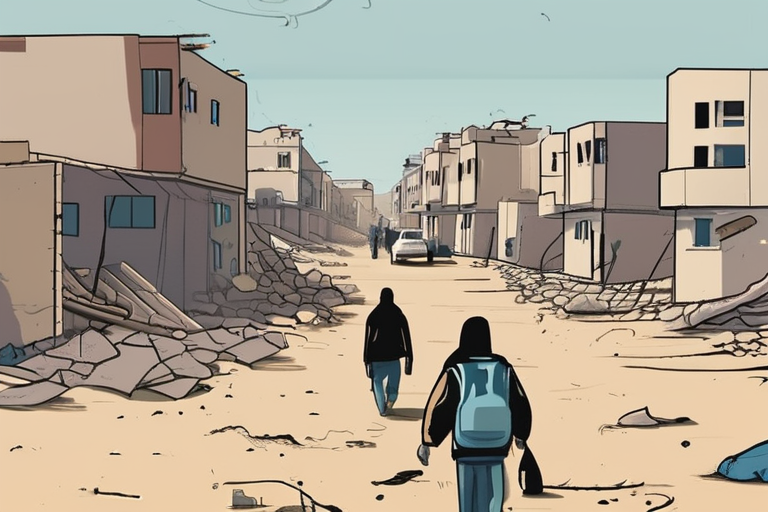
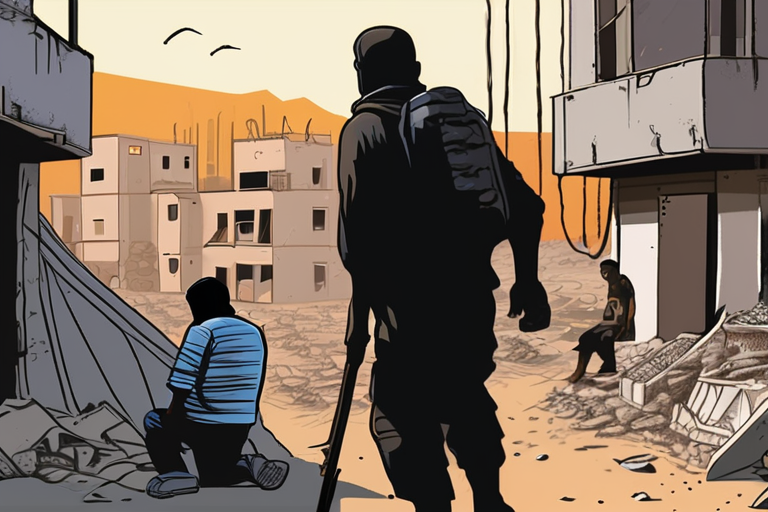
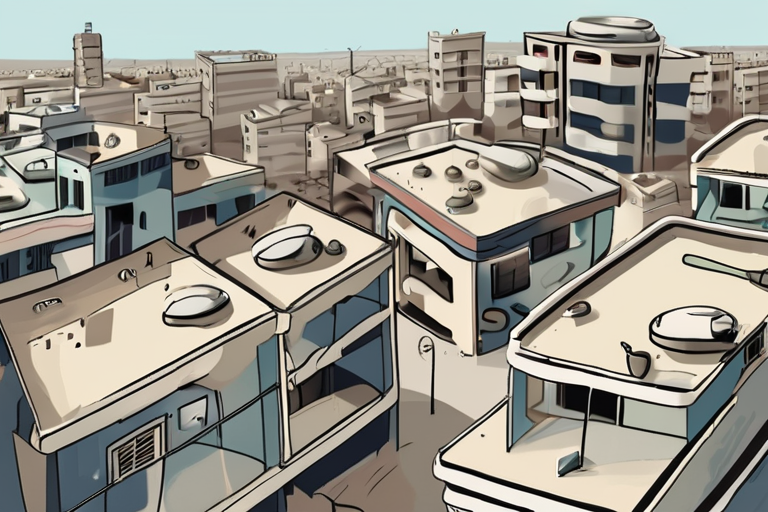
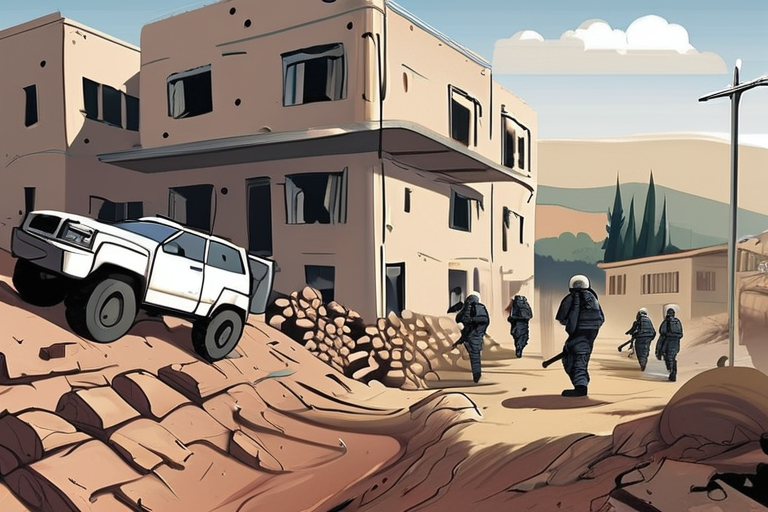
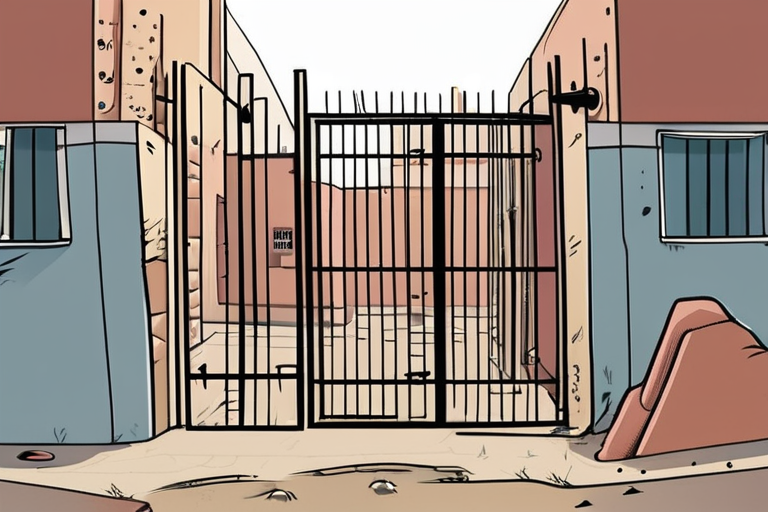
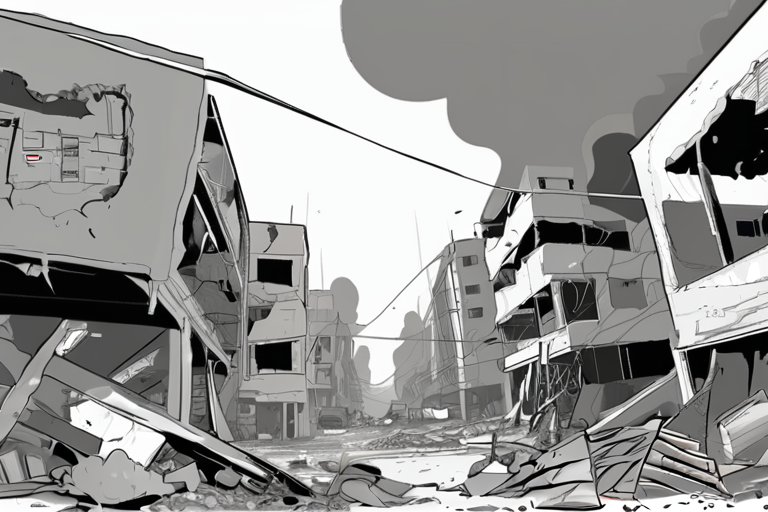
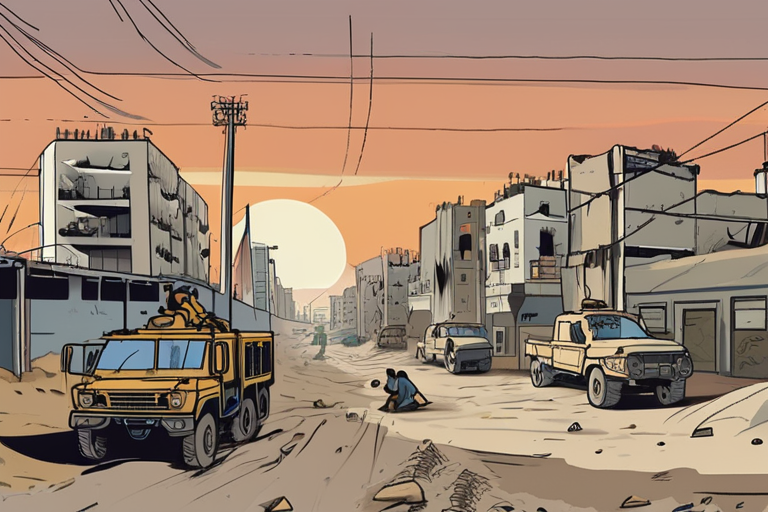
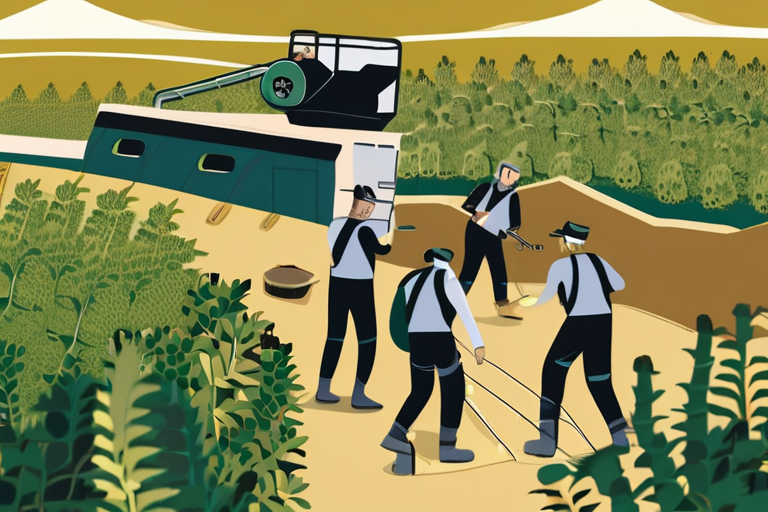
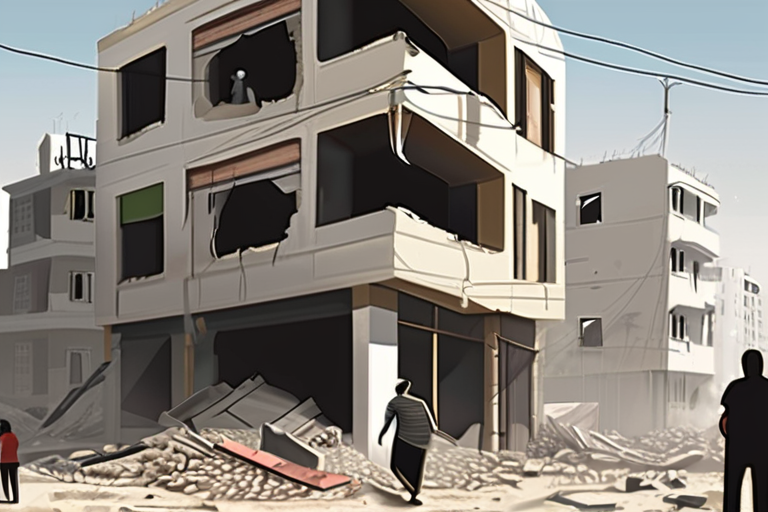
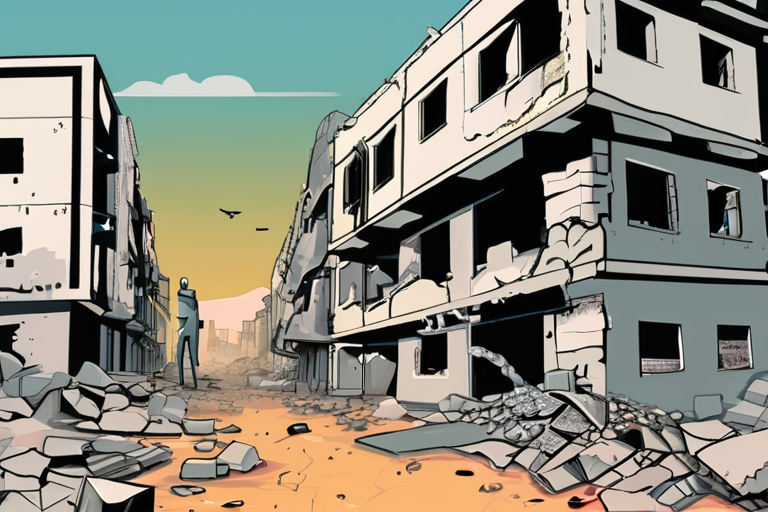
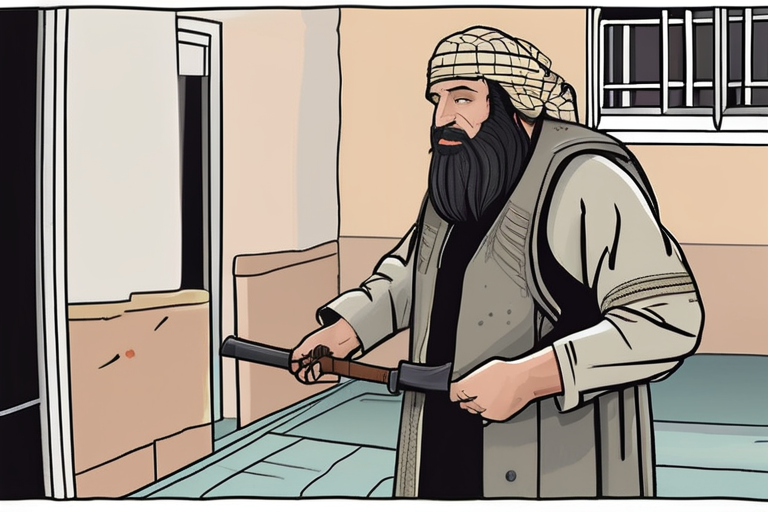
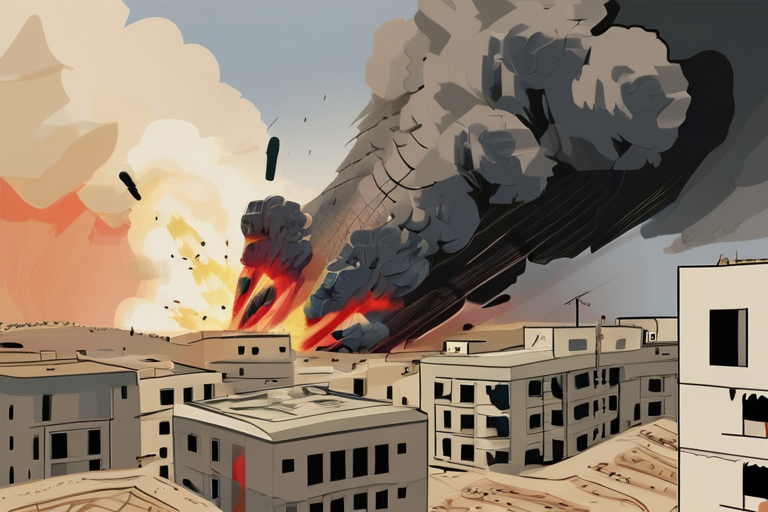
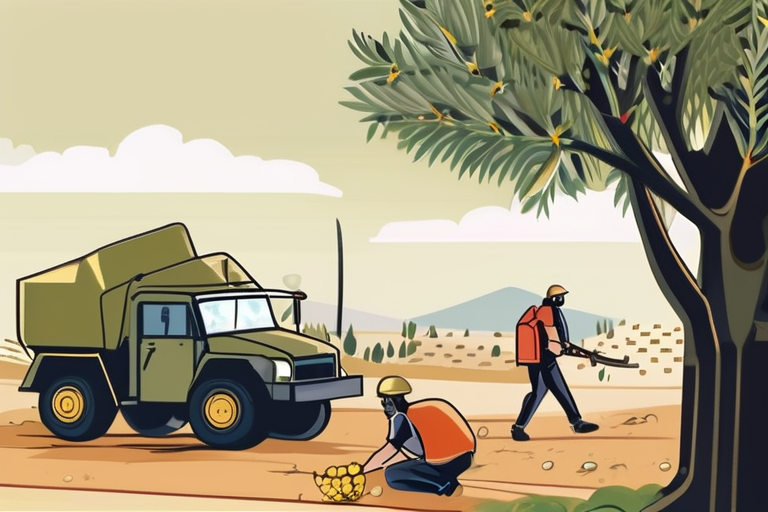
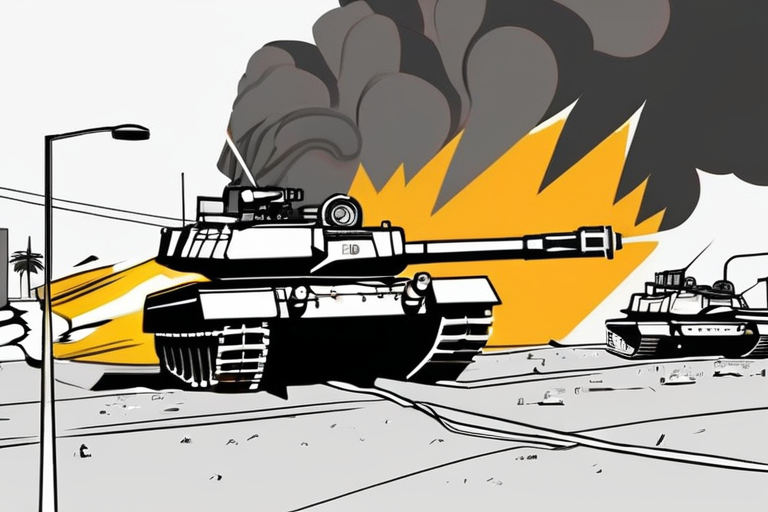
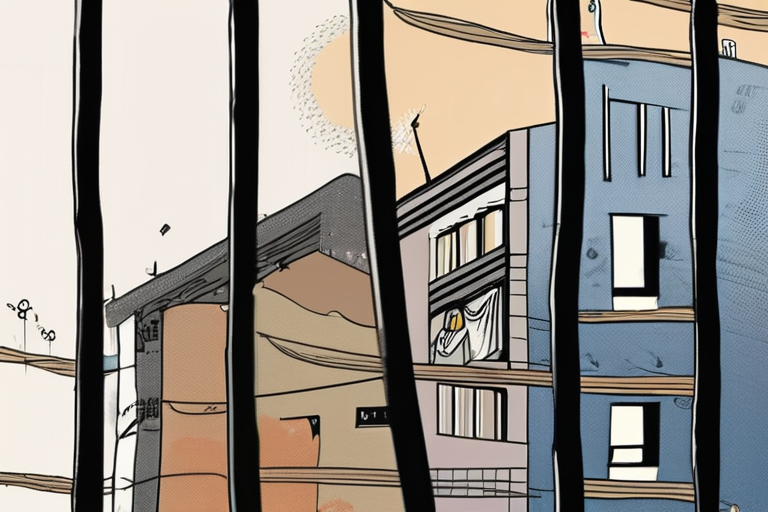
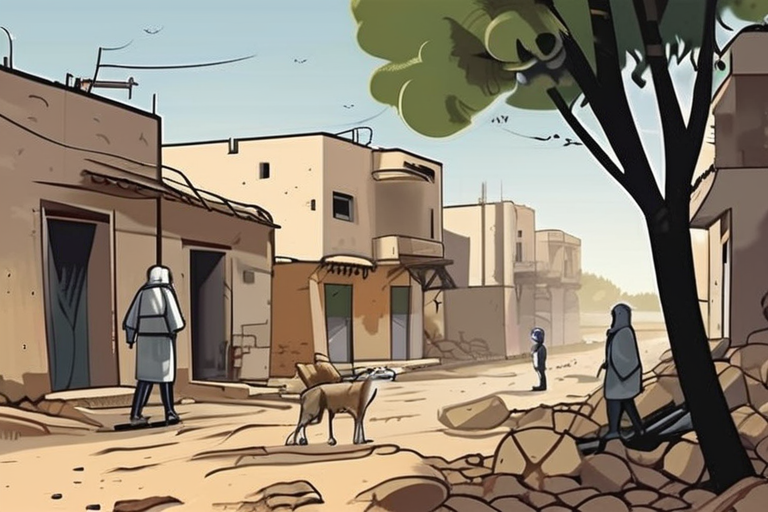
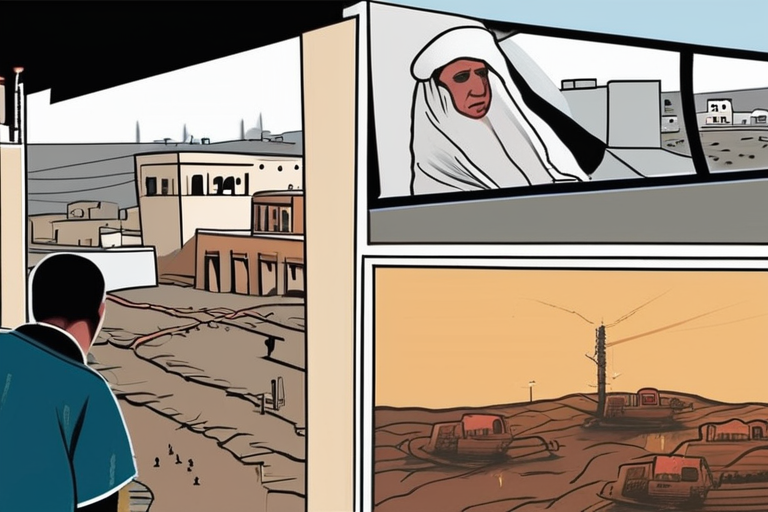
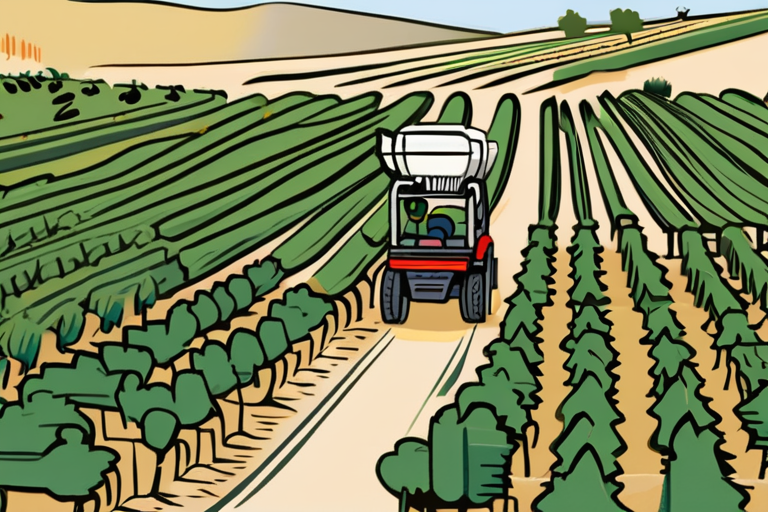
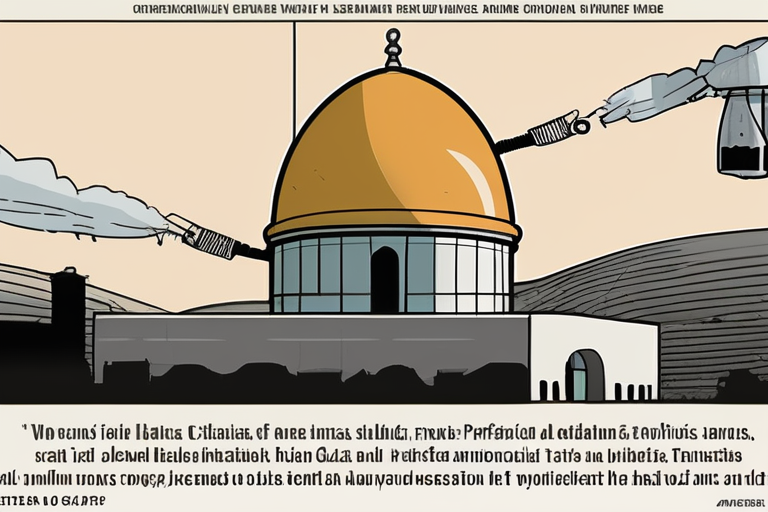
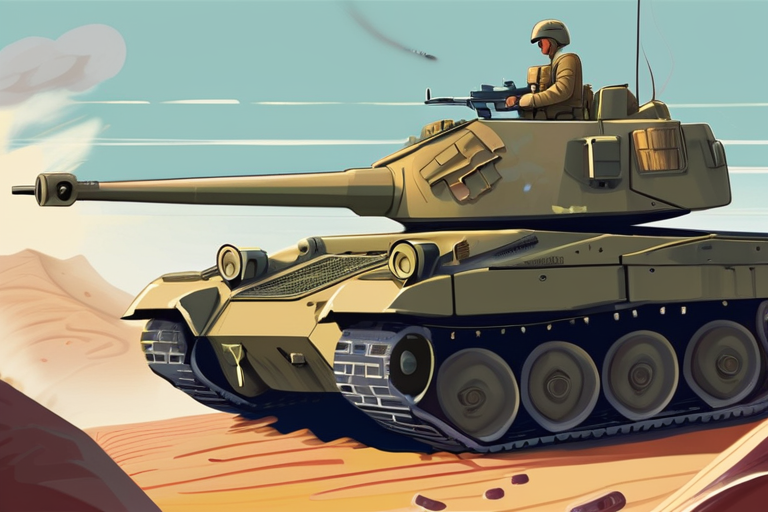
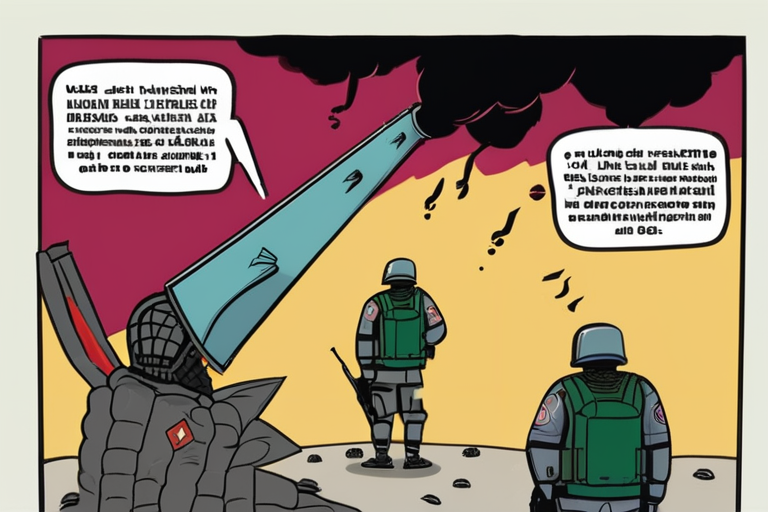
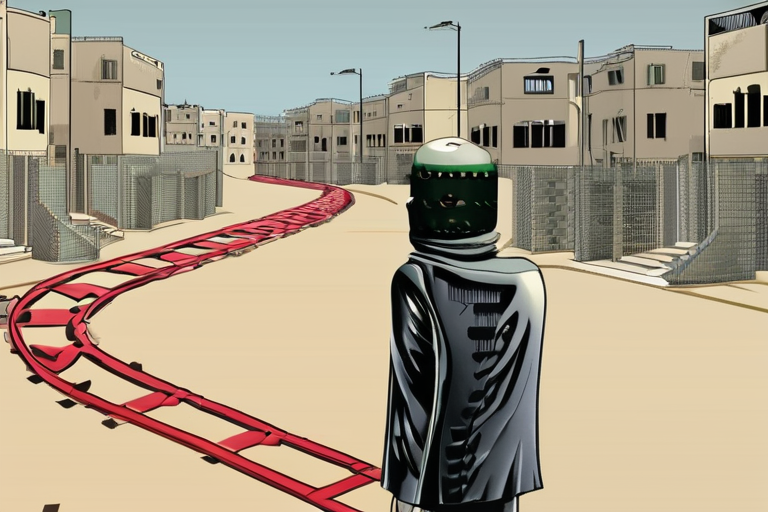
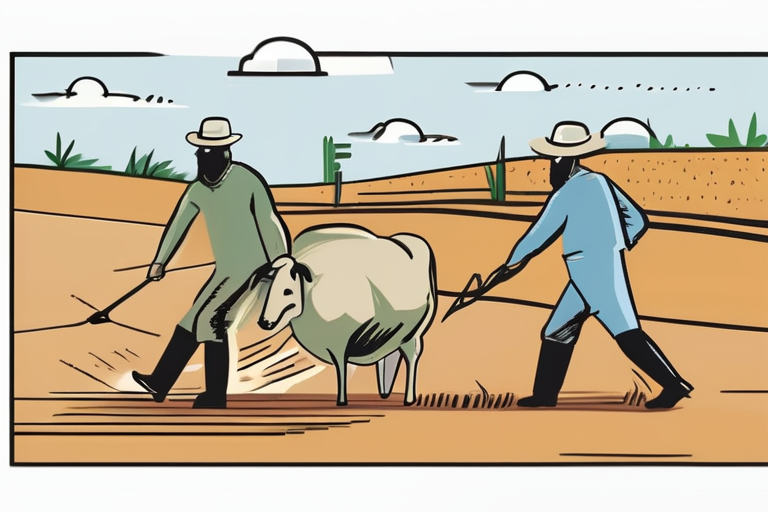
Share & Engage Share
Share this article